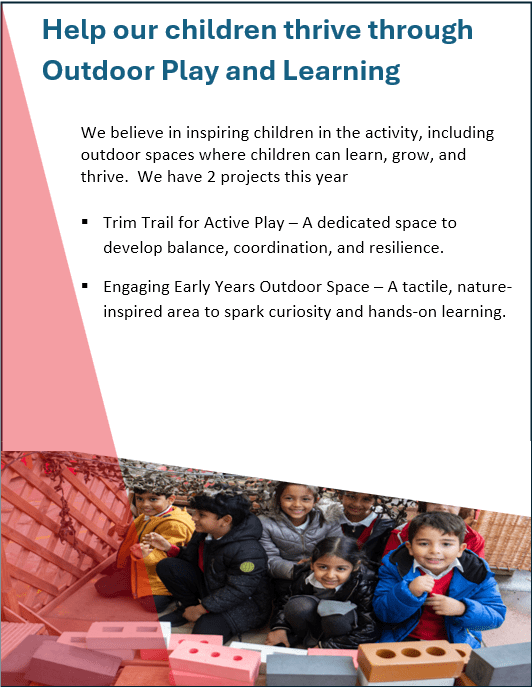Tweets by MissLoweKMPA
DSP Staff:
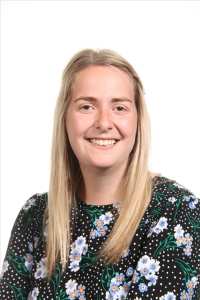 |
 |
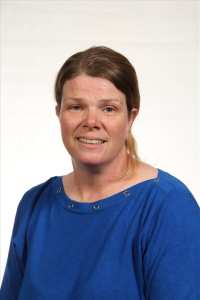 |
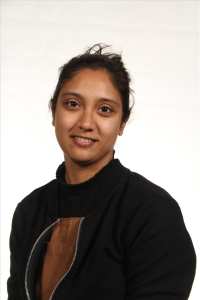 |
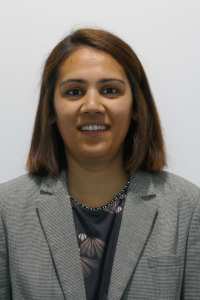 |
| Natalie Clarke Inclusion/DSP Lead |
Miss Lowe Lead Teacher in DSP |
Mrs Maddern Child-Centred Teaching Assistant |
Mrs Hassim Child-Centred Teaching Assistant |
Mrs Pancholi Child Centred Teaching Assistant |
Our SEND Vision:
Every child, from every starting point to fulfil their potential and have talents recognised. Physical, mental and learning needs met, and social development barriers reduced. Agencies work effectively to remove barriers and allow pupils to have a voice and ownership of their own independant learning journey. All staff are accountable and empowered to meet the needs of all children. Difference is celebrated and individuality is encouraged.
The Nest Environment:
The Nest is a fully secure, purpose-built learning environment that is designed to meet the needs of pupils with ASD and co-occurring needs. It is a minimal and natural setting where pupils have access to their own extensive outdoors provision. The Nest is interlinked with the mainstream Nursery outdoor learning area, allowing integration when pupils can access this. Pupils have 2 main teaching spaces, a sensory space, accessibility changing facilities and 3 dedicated outdoor areas; a physical development playground, a sensory development area including water play and a grassed area to encourage outdoor learning. The pupils in the nest are an important part of Kestrel Mead, wearing our uniform, joining in with school events where possible and completing an adapted curriculum in line with their peers. The meeting room in the nest allows of all of the school community and professionals to see the wonderful learning that is happening is this area of our school.
The Nest Curriculum and outcomes:
The Kestrel DSP curriculum is based on a personalised learning approach whereby children gain knowledge and understanding through a series of big questions/themes which link to their own personal, learning journeys. Through a use of different teaching styles and learning frameworks, the children will have incorporated new skills and new knowledge which will be embedded across the 3-year teaching period. Through use of Attention Autism, we will be able to support key prime areas of learning which would interleave throughout other areas of the child’s learning to play an integral part in their individual development. The use of communication systems such as Makaton and PECS will be incorporated throughout the teaching approaches to provide children with the best access to communicating with both adults and other children. Although the children’s EHCP outcomes will underpin the curriculum, both the EYFS framework and the AET framework will play a fundamental part in ensuring we provide a balanced and enriched curriculum for all children to access and enjoy. TEACCH approaches will incorporate English and Maths learning opportunities and will be structured through initially the EYFS framework and moving towards the National Curriculum to meet the needs of the children on an individual basis. Children’s character will be developed through a series of intensive interventions (play interaction, fun time and life skills sessions) ensuring emphasis is put on the whole child.
Placement within our provision:
Kestrel Mead Primary Academy does not have control over who is admitted to the Designated Specialist Provision (DSP), this is decided by the Special Education Service (SES) at panel meetings. Children attending this provision all require an Educational, Health and Care Plan (EHCP). Unfortunately, children who attend Kestrel Mead Primary Academy do not have priority access to a space within the DSP.
Timings in the school day:
The school timings within the school day are slightly shorter than in the main site, this to support with transport and awareness that the main site can get busy with other children.
Pupil/Parents will arrive at 8:30am.
Parents will collect their children at 2:45pm
Identifying and reviewing Need:
The DSP will operate within the framework of the revised SEND code of practice and the Local Authority Guidance. All children with an EHCP will have individualised targets. Progress towards these targets will be continually monitored. They are formally reviewed 3 times year (once at an EHCP review meeting) with parents. At this meeting, new targets may be set in collaboration with other professionals, parents and the child as and when appropriate. Children’s targets are communicated with all professionals involved with the child.
Communication with Parents:
The DSP communicates with parents effectively to ensure we have an ongoing parent, teacher communication. The staff within the DSP feedback to parents daily as they pick their child/ren up at home time. The staff also complete EHCP trackers whereby they add information linked to their targets, these are sent to parents via class dojo 3 times a year. The parents also have updates via class dojo of what their children have been doing this week as a whole class. Staff also upload work that the children have been completing through seesaw. Parents can see their progress towards their personalised targets.
If you require any further information regarding our Designated Specialist Provision (DSP)- The Nest, please contact the school office on 0116 2461732 and ask for Mrs Clarke our Inclusion and DSP lead.




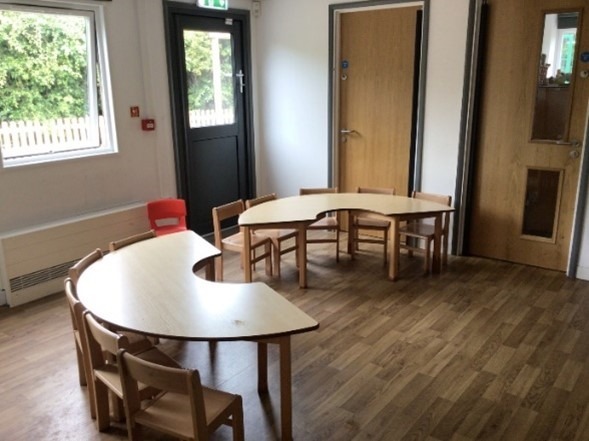






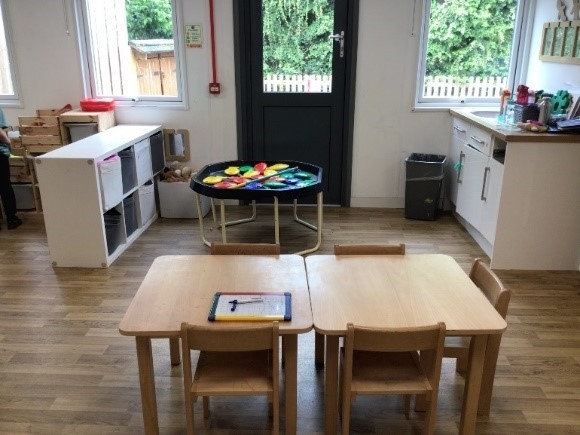

 Be The Best That You Can Be
Be The Best That You Can Be